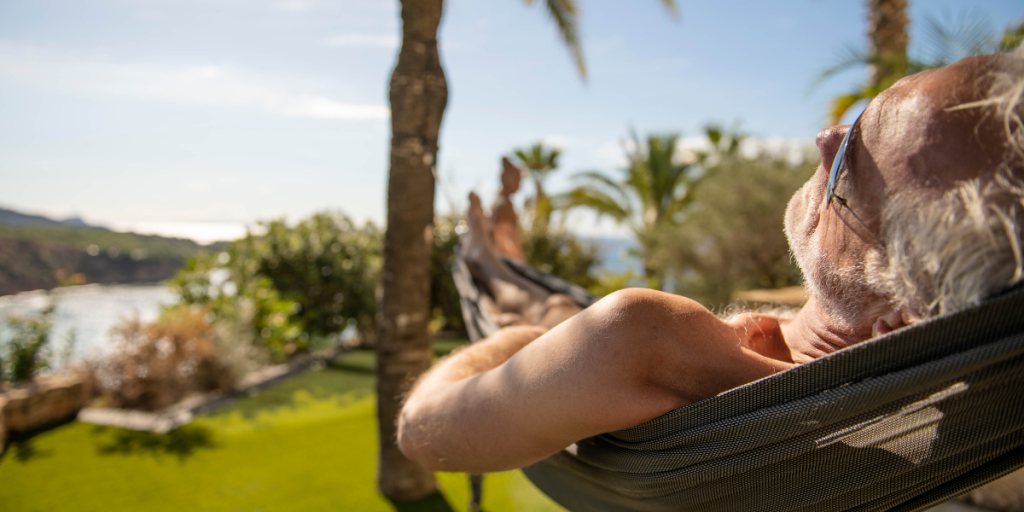Planning a Trip? Watch Out for These Sneaky Travel Scams
Others are reading now
Planning a summer vacation should be exciting. After a long year of work, many people finally get to relax and book a trip.
But while you’re looking for that perfect beachfront apartment or cozy cabin in the woods, scammers are busy setting traps. And they’re getting smarter.
Cybersecurity experts have noticed a sharp rise in fake websites pretending to be well-known platforms like Booking.com and Airbnb, reports Ziare.
Not Only Scamming Travelers
These scams are fooling both travelers and hosts. The websites look almost exactly like the real ones. Same layout. Same fonts. Same buttons.
Also read
The only real difference is the web address, which might end in something odd like “.info” or “.today.”
When a person visits one of these fake pages, they might not think twice before entering their credit card number.
Once they do, the scammers grab the info and disappear. It’s quick and often goes unnoticed until it’s too late.
Hidden in A File
But it’s not just travelers who are being tricked. Some scams target hosts. Fake emails tell them to log in to what looks like a Booking.com dashboard.
When they do, they’re shown a fake CAPTCHA and asked to run a small file. That file is actually a remote access tool. Once installed, hackers can take over the entire computer.
Other times, scammers send emails saying a tourist lost something. The message includes a link that leads to another fake site. These sites are designed to steal passwords or secretly install harmful software.
What makes things worse is that many of these messages are now written using artificial intelligence.
That means they sound more personal and convincing. They also avoid using the usual red-flag phrases that trigger spam filters.
In May 2024, researchers found that one in 33 new travel websites was suspicious. By June, it was one in 21.
The increase is happening fast, just as more people are getting ready to travel.
Before you book your next stay, double-check the website’s address and never rush to pay. It might save you more than just your vacation.


